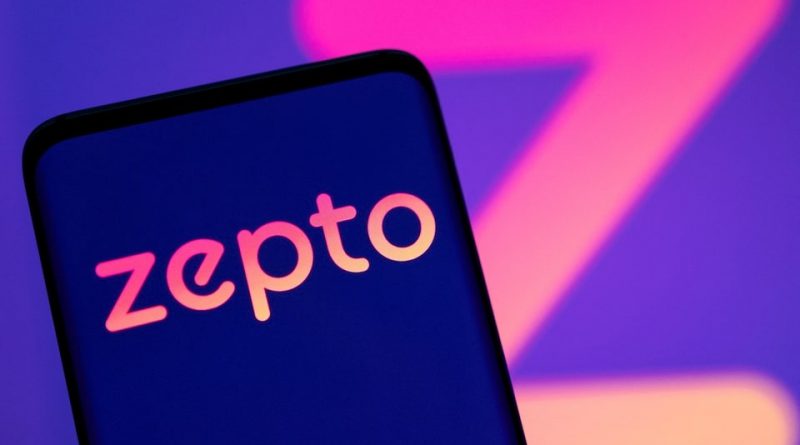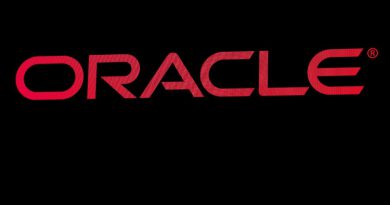India’s Zepto Raises $450 Million, Valued at $7 Billion, Driving Growth in Quick Commerce Sector
Bengaluru – India’s fast-growing quick commerce sector received a major boost on Thursday as Zepto, the country’s leading instant delivery platform, announced it has raised $450 million in fresh funding, valuing the company at an impressive $7 billion.
The new capital comes at a time when the demand for ultra-fast delivery of groceries, daily essentials, and other products is surging, reflecting the changing habits of urban consumers across India.
Founded in 2021, Zepto has quickly positioned itself at the forefront of India’s rapid digital adoption and urban convenience economy.
The platform enables customers to receive groceries and other essentials in under 10 minutes, a service that has rapidly gained traction among busy city dwellers.
Zepto’s growth mirrors the broader expansion of India’s quick commerce market, which was valued at around 640 billion rupees in fiscal year 2025 and is projected to triple by 2028, according to analytics firm CareEdge.
“Our success is a reflection of how urban consumers in India are embracing convenience without compromising on choice or quality,” said Aadit Palicha, CEO and co-founder of Zepto.
“With approximately $900 million of net cash in the bank, we are extremely well-capitalized and ready to accelerate our growth, invest in technology, and enhance the customer experience across the country.”
The latest funding round attracted both new and existing investors, including U.S.-based pension fund California Public Employees’ Retirement System, General Catalyst, Goodwater Capital, and Lightspeed.
This diverse investor base underscores growing global confidence in India’s quick commerce ecosystem and Zepto’s ability to lead the sector.
The company’s valuation has jumped from $5 billion in its previous funding round last year, demonstrating strong investor belief in its growth potential and operational excellence.
Zepto competes with major players such as Eternal’s Blinkit and Swiggy’s Instamart, and has steadily expanded its product range to include more than 45,000 items, covering groceries, electronics, and apparel.
Its service is increasingly popular among tech-savvy urban consumers who value speed, convenience, and reliability.
By combining advanced logistics, intelligent inventory management, and a focus on hyper-local delivery hubs, Zepto has created a scalable model that meets the rising expectations of modern shoppers.
Industry experts say Zepto’s success highlights a broader trend in India’s retail landscape. Urban lifestyles, growing smartphone penetration, and a preference for digital-first shopping experiences have accelerated the adoption of quick commerce platforms.
As more consumers opt for fast, seamless, and personalized delivery services, companies like Zepto are set to play a pivotal role in transforming everyday shopping habits.
Zepto’s recent achievements also point to the potential for future public market success.
With plans for an eventual public listing, the company is preparing to leverage its strong market position, robust funding, and innovative technology to capture an even larger share of India’s booming e-commerce and quick commerce markets.
Analysts note that Zepto’s ability to scale rapidly while maintaining customer satisfaction positions it as a standout performer in the sector.
“The growth of Zepto reflects a powerful shift in how Indians shop for essentials,” said a market analyst. “Consumers are increasingly expecting instant access to products, and Zepto’s infrastructure and capital position allow it to meet this demand efficiently and reliably.”
As India’s quick commerce ecosystem continues to expand, Zepto’s strategic funding, strong valuation, and customer-focused operations exemplify the positive momentum in the sector.
With continued investment in technology, logistics, and product offerings, the platform is well-poised to redefine the future of urban retail in India and set a benchmark for innovation in convenience-driven commerce.



